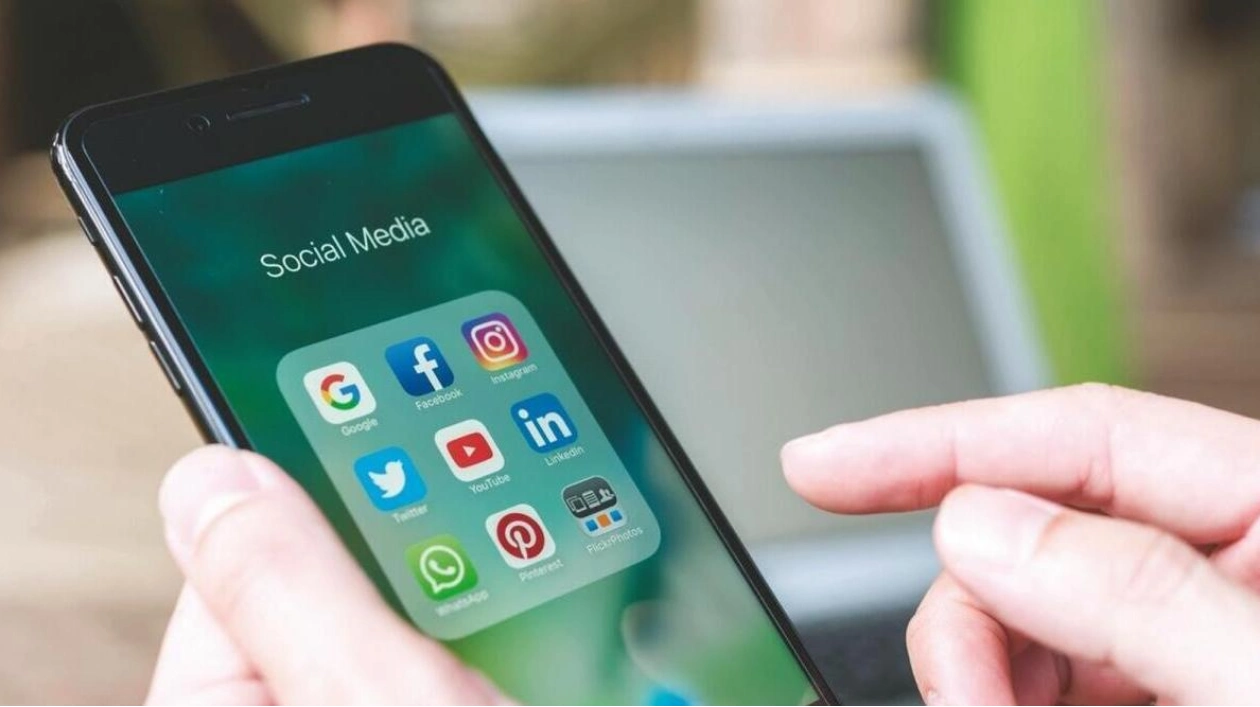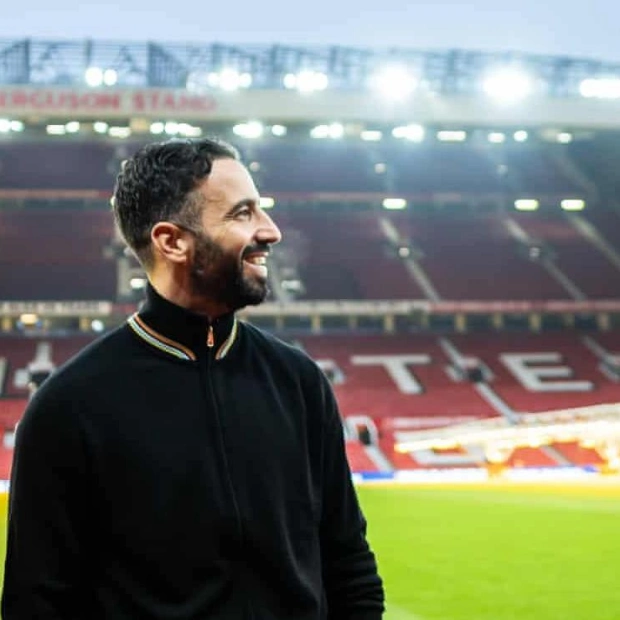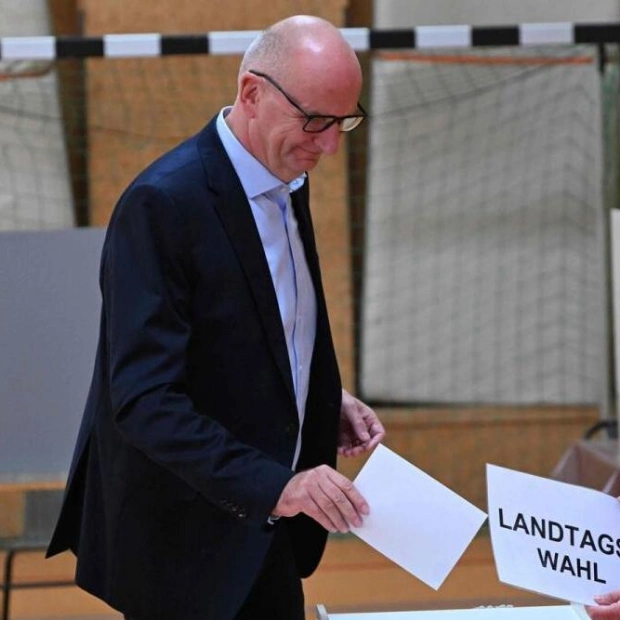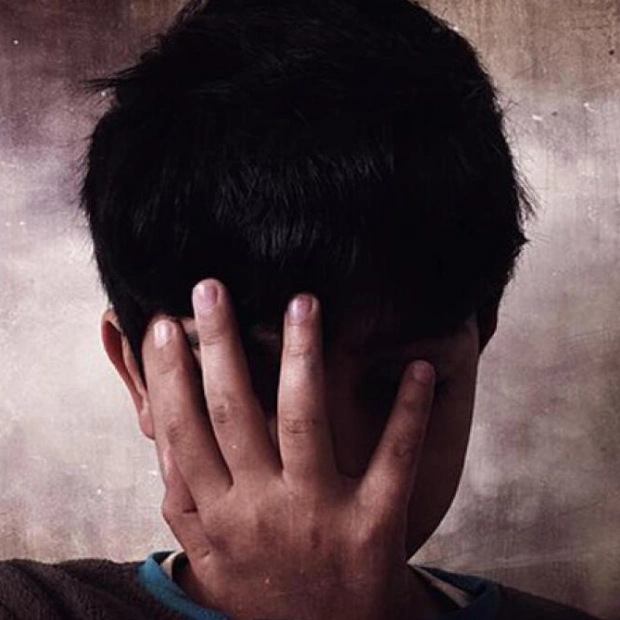Schools in the UAE have instructed students not to take photos or share them on social media, citing violations of the country's privacy laws. These guidelines are being reinforced at the start of the new academic year, with schools emphasizing the importance of obtaining prior permission before sharing images online. The UAE has stringent privacy laws, and violators can face severe consequences. Most schools require students to bring tablets and laptops for educational purposes but ban mobile phones and tablets with SIM cards. Over a million students resumed school on Monday following the summer break.
Ranju Anand, Principal and CEO of Gems Cambridge International Private School – Sharjah and Senior Vice President for Education at Gems Education, highlighted that detailed induction sessions on safeguarding, UAE law on social media use, and cultural sensitivities are conducted for staff and students. Cyber safety assemblies are a regular feature at the beginning of each year and are integrated into the Computer Science curriculum. Parents find these assemblies beneficial, especially when they attend related workshops.
Al Sadiq Islamic School and Gems Wellington Academy at Silicon Oasis also cautioned students against taking and sharing photos on social media. Claire Smith, Academy Assistant Principal at Gems Wellington Academy, emphasized digital safety and the importance of using technology with integrity, which is a core school value.
Under UAE law, taking and sharing photos of others without consent can lead to legal action, including judicial measures like probation or community service. For minors aged 16 to 18, the court can impose either a criminal penalty or a judicial measure. Liability for such violations can extend to parents and schools if they fail to supervise adequately.
Abdul Majeed Al Sweedy, Senior Associate at Galadari Advocates and Legal Consultants, explained that UAE law is lenient towards minors, focusing on rehabilitation and education rather than harsh punishment. He emphasized that sharing content without permission can have serious legal consequences, and the law aims to protect individuals’ privacy from unauthorized sharing of personal information or images.






